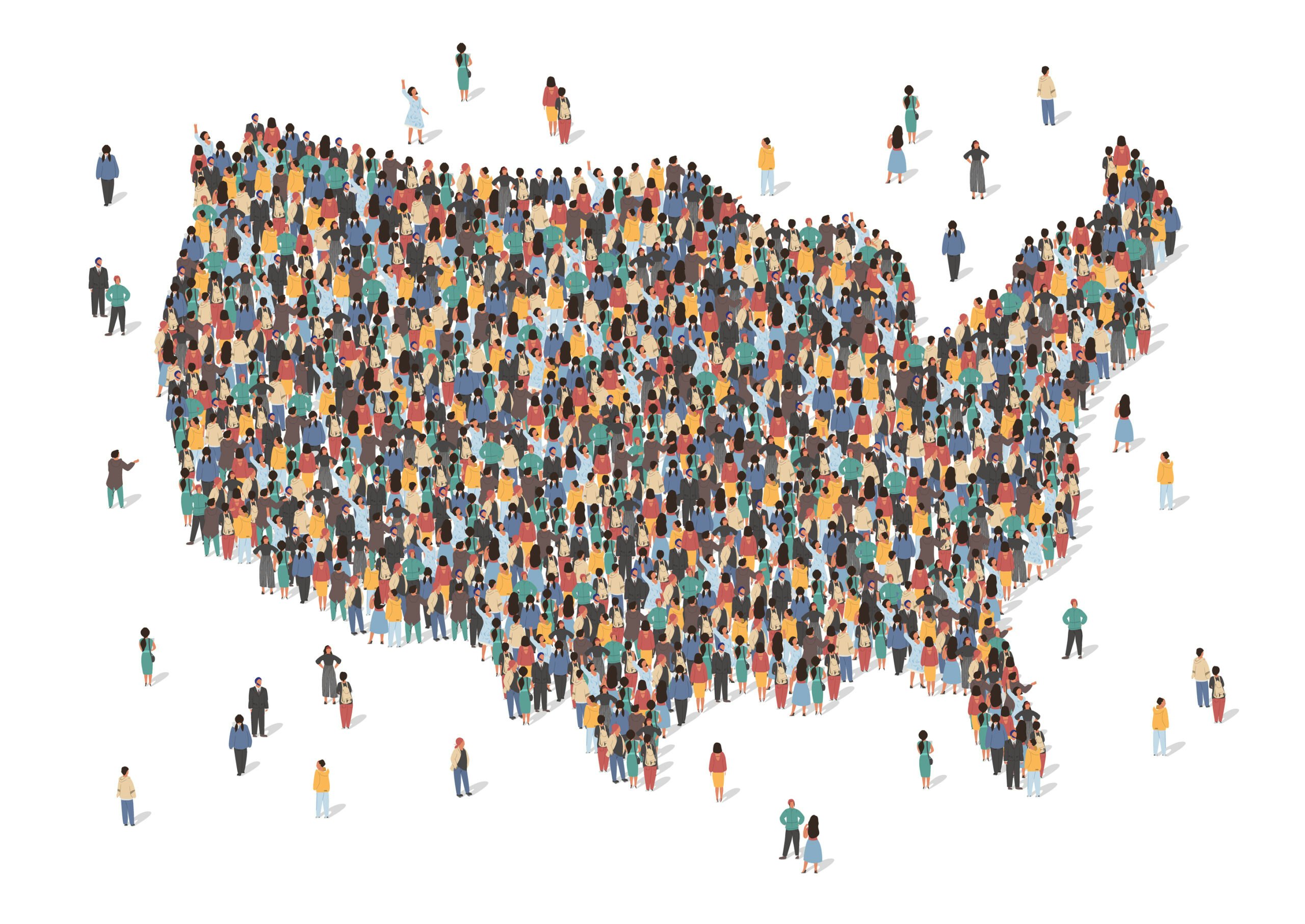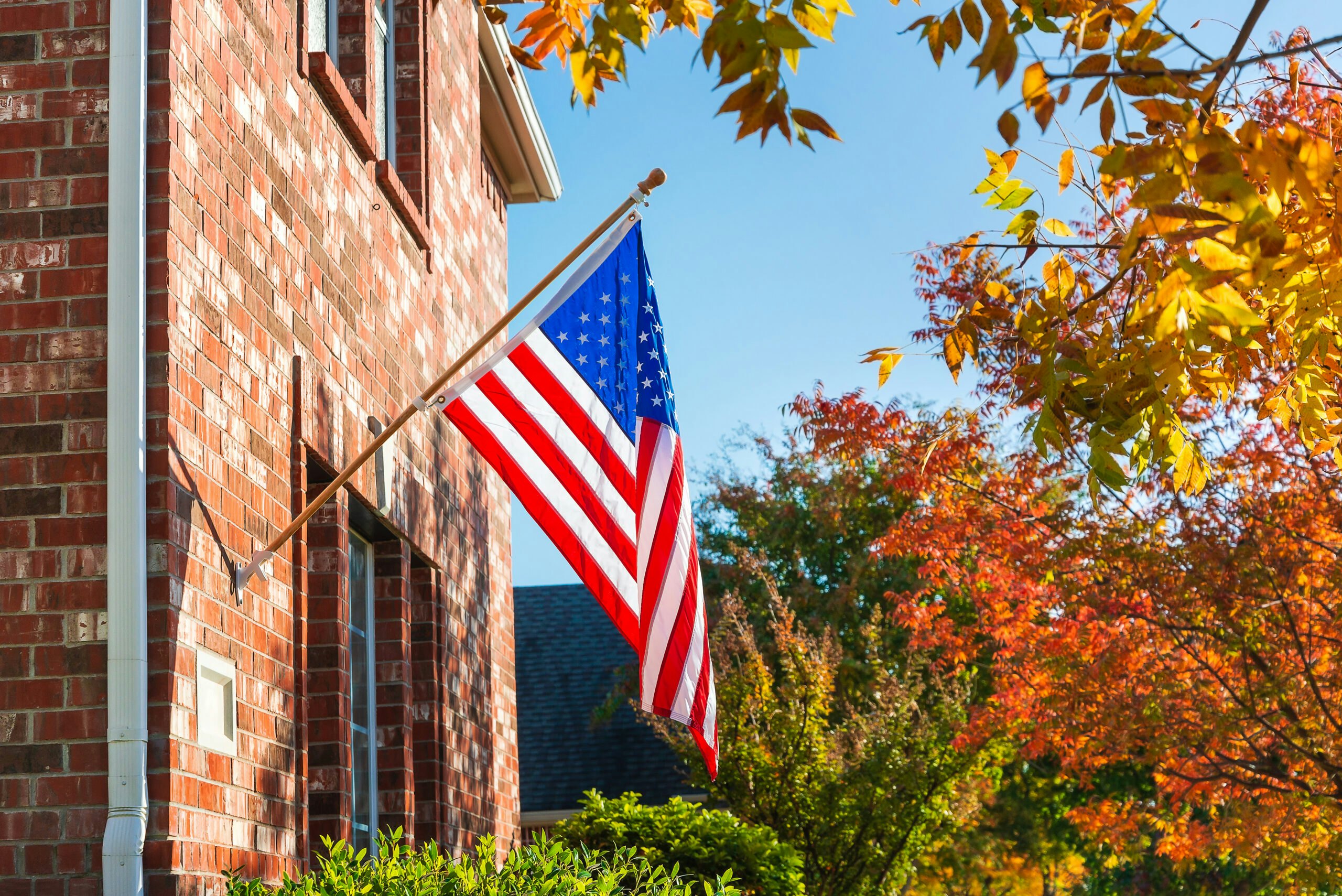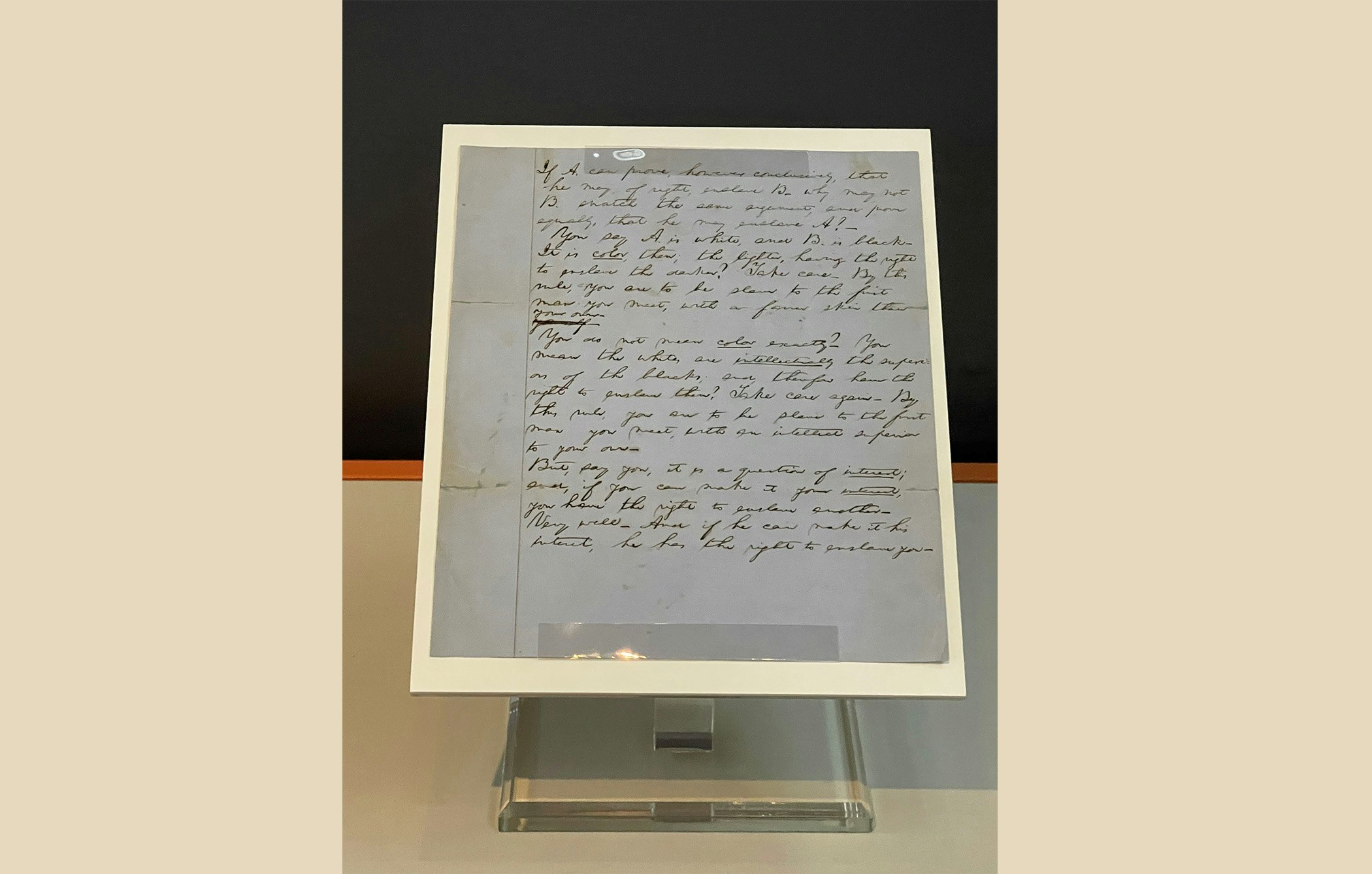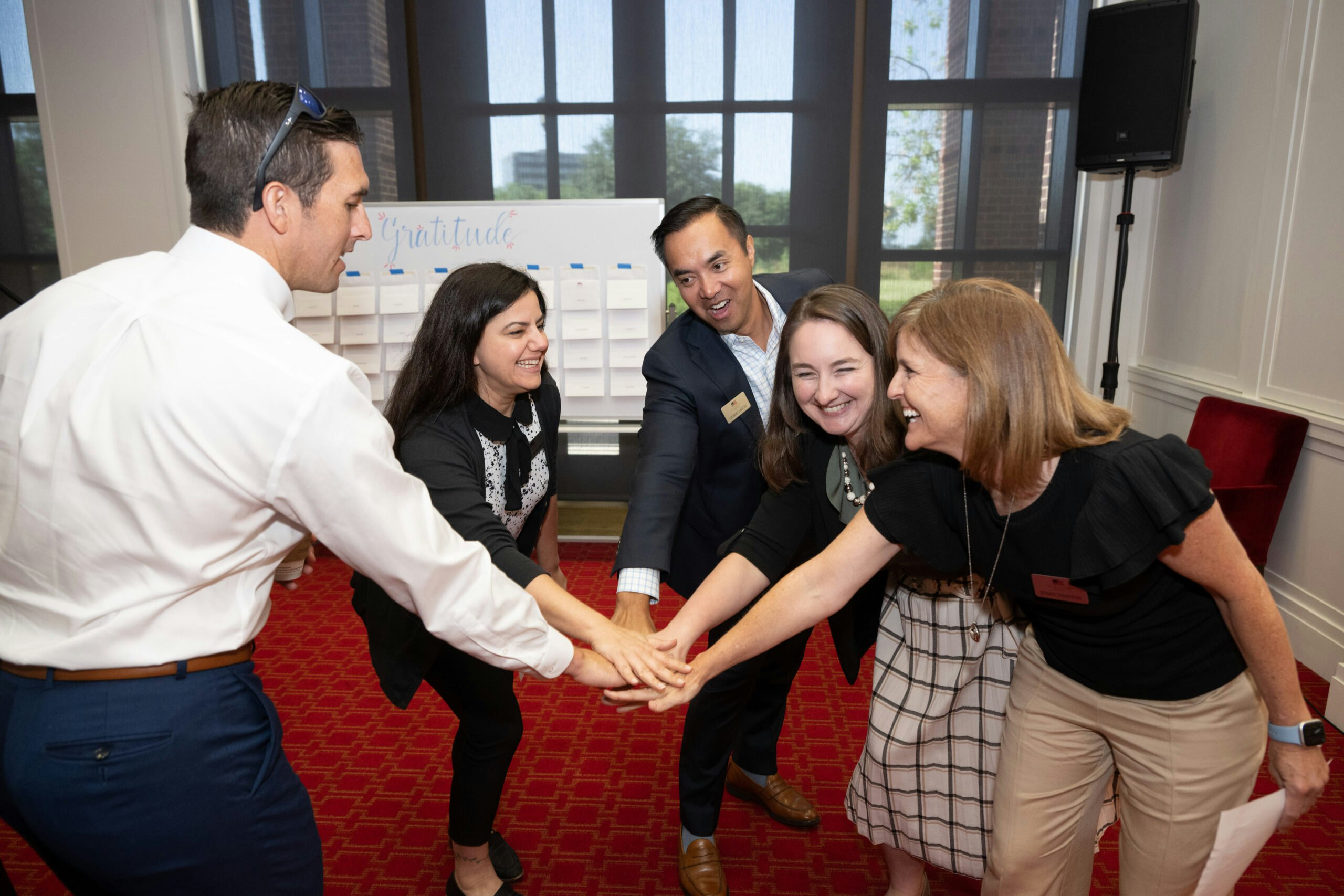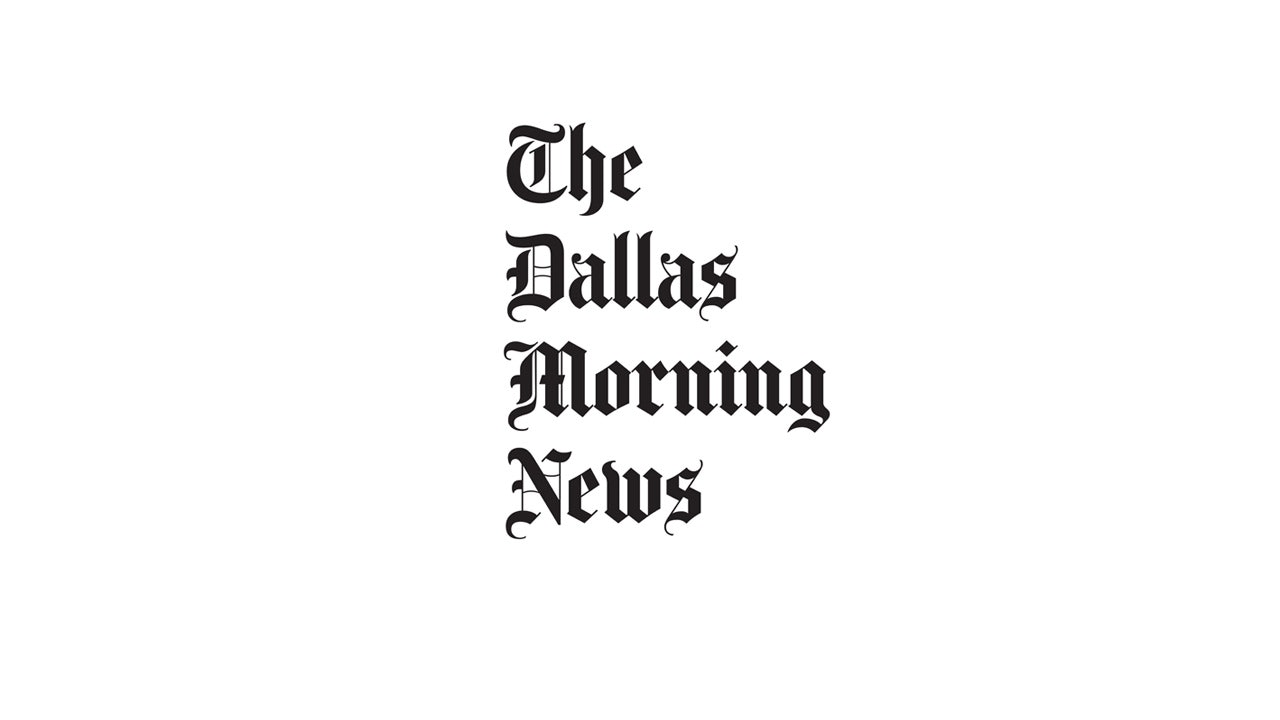The Bush Institute's Kelly and David Pfeil Fellow, Nicole Bibbins Sedaca, urges Americans to continue to advance civil debates about public policy, while protecting our undeniably important democratic institutions and processes.
The current political polarization in the United States has caused a dramatic reversal of what is debatable versus what is non-debatable in a democratic society. This inversion is profoundly undermining American democracy. Reclaiming what is debatable and non-debatable is an essential next step in strengthening our democracy.
We must debate public policy issues.
As a diverse and pluralistic society, the United States will always have a wide range of political and ideological views on issues such as immigration, health care, and foreign policy. That is inevitable in a country of 326 million people of various racial, ethnic, and religious backgrounds. We will have disagreements on important issues.
And while we will vigorously disagree with others in our country, a hallmark of our great nation – or any great democratic nation – is that we can debate those differences civilly in the public square. We must engage in these debates with civility, rigor, and respect. The existence of divergent views is not a problem; the lack of civil debate to navigate through that diversity is a problem.
Rather than civil debate around public policy issues, a dangerous trend has emerged, namely the dismissal of debate with those with different views, because we conflate a difference of view with a lack of integrity or commitment to our nation. Those on the left AND those on the right regularly question the patriotism, and even the very moral character, of those with whom they disagree. Too many Americans believe that they are not simply arguing for their preferred policy position, but rather that they are arguing for the United States itself. This corrosive trend undermines the very foundation of a democracy.
While we must recapture the importance of public policy debate, we must not fall into the trap of undervaluing or debating democracy itself.
We must revere the foundational institutions, processes, and values that are necessary in order to make our democracy function. We must understand the importance of checks and balances on executive power, even if it limits the policies we want. We must fiercely defend debate free, fair and regular elections without domestic or international interference, even if the candidate we support doesn’t win. We must value a deep respect for the civil rights and political liberties of all citizens, even if this applies to people different from us. We must advocate for an open and free press, even if it reports on abuses or shortcomings of our party or candidate.
This may sound obvious, but we are increasingly debating the very characteristics that make America a democracy. Some question why it is important to preserve institutions or values that could lead to others’ views being heard. Creating the space for everyone’s voice to be heard is the only vehicle to ensure that one’s own voice is consistently heard. Creating a level playing field for everyone’s rights to be protected is the only vehicle to ensure that one’s own rights will be consistently protected. Functioning democratic institutions are our only safeguard against the tyranny that undermines all of our rights and voices.
September 15 marks International Democracy Day, an opportunity for Americans to reflect on the importance of our democracy and democratic values globally. And more importantly, we have an opportunity to remember our individual responsibility in protecting democracy.
Debating the debatable and protecting what’s foundational are responsibilities of all citizens in a democracy. Whether in our personal conversations, online engagement, public advocacy, or choices at the ballot box, we must ensure that we continue to advance civil debates about public policy, while protecting our undeniably important democratic institutions and processes. Today is the day to start.



